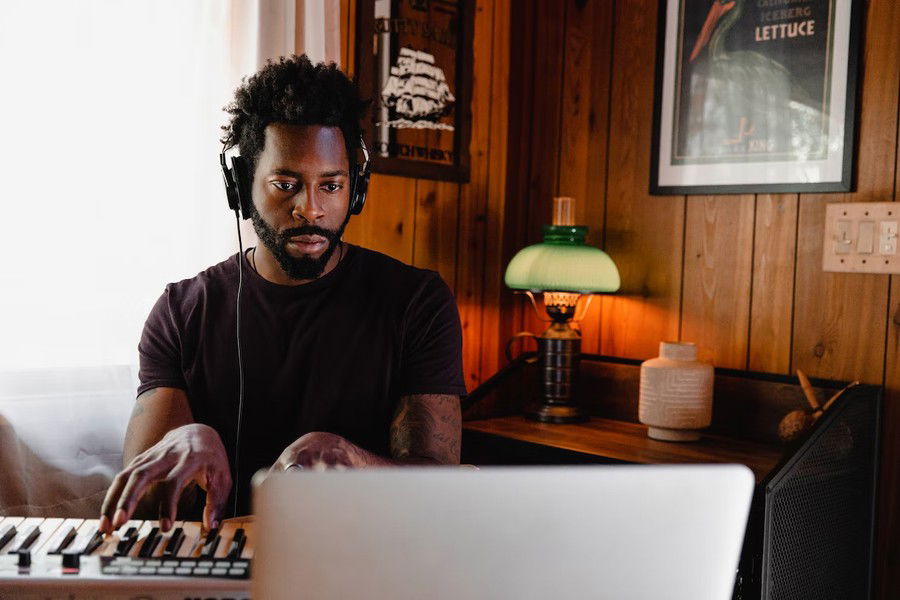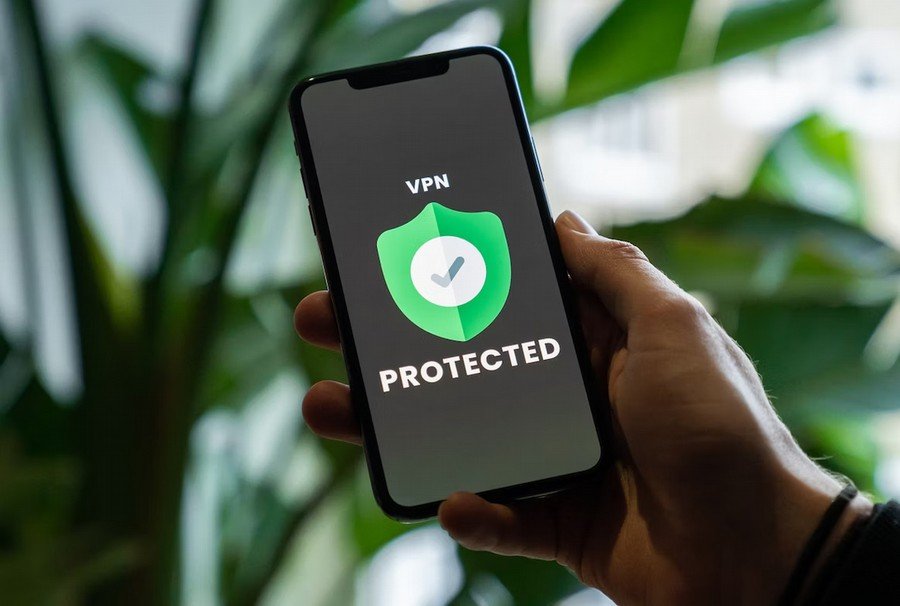As a musician or other creative, it’s important to protect your intellectual property to maintain ownership of your work. One way to do this is through the use of Virtual Private Networks. VPNs offer enhanced security and privacy for those who need to upload or stream content online, as well as access to content not available in certain countries and the ability to bypass ISP throttling and government censorship. In this blog post, we’ll explore the benefits of using a VPN extension for musicians and other creatives, provide steps to set up a VPN and offer tips on selecting a reliable VPN provider.
Why Should Musicians Use a VPN?
Below, we have rounded up the main reasons why creatives need to rely on virtual private networks.
Safety
For many musicians, inspiration can strike at any moment, and often, it happens outside of the recording studio. Some have found that a public place, such as a coffee shop, can provide the perfect setting for creativity to flow. Unless you use a VPN, a public connection can be risky, as sensitive information can be easily intercepted. If you are abroad, using a free VPN Firefox on your device can be an effective solution. A reliable VPN server allows you to work remotely while ensuring your data is kept secure.
Global Outreach
To succeed, you need to distribute your music securely. According to stats, 524 million people listen to music on streaming platforms. A VPN ensures that your tracks will remain protected. As a music content creator, you need to control who can access your work. A VPN allows you to restrict access based on location.
Legal Implications
As such tools as VeePN become more widely used, concerns have risen regarding their legality when used for circumventing geo-restrictions. While VPNs have been integral in allowing people living under oppressive regimes to access the internet, the question of how they can openly boast about defeating blocking mechanisms remains. While some nations have recently restricted or outright outlawed VPNs, the bigger question at hand is whether the act of evading content blockers infringes on copyright laws. Rather than focusing solely on issues such as criminal activity on the dark web, it is important to consider the impact that VPNs have and learn how you can use them to protect intellectual property from misuse.
Region-Based Access
While music creators have the right to decide how to distribute their work, some have chosen to limit access to certain regions. For subscribers of streaming services, this means that they are paying to access content only in their region. One example of this is when a musician licenses a music track for use only in the U.S. In such cases, it is important to respect the wishes of the creators and abide by distribution limitations. These days, 32% of music streamers use Spotify. The balance between the rights of content creators and consumer access is a delicate one, and finding a solution that satisfies both is of utmost importance.
Access to Wider Audiences
Streaming services have become an integral part of the music industry. Subscribers expect to be able to access any music track from a catalog. However, sometimes, certain tracks are only available in specific countries due to licensing agreements. To bypass these restrictions, some users resort to using a VPN extension or spoofing domain name servers. While this may be permissible in some jurisdictions, it raises questions about the legality of circumventing licensing laws. Nonetheless, the demand for music streaming services is still on the rise, and finding ways to make music available to a wider audience is a challenge the industry must face.

Compromise Solutions
Streaming giants seem to have a delicate balance to maintain regarding geo-restrictions. While they ensure the protection of their content and guarantee that only paying customers have access to it, they also want to avoid investigating their clients. This is where VPN companies come in, taking advantage of the wiggle room afforded by the ambiguity of the law to promote their services in unlocking content across the globe. But as these advertising machines continue to flourish, one must wonder if creatives will begin to push back harder against this practice. Only time will tell if the streaming giants will be forced to take a stronger stance against VPN companies promoting geo-restriction bypassing.
The use of VPNs raises several legal questions that need to be addressed regarding copyright laws and region-based access. On one hand, such services as VeePN provide music content creators with an unprecedented level of control over who views their work and how widely it is distributed. However, on the other hand, some users are taking advantage of the ambiguity of the law to bypass restrictions and gain access to music that should otherwise be inaccessible. Finding a compromise solution between these two forces is essential for content creators and consumers alike to reap the benefits of streaming services. Only then can we ensure that audiences around the world have access to their favorite artists’ work while still protecting the rights of the content creators.












— 评论 0
, 反应 1
成为第一个发表评论的人